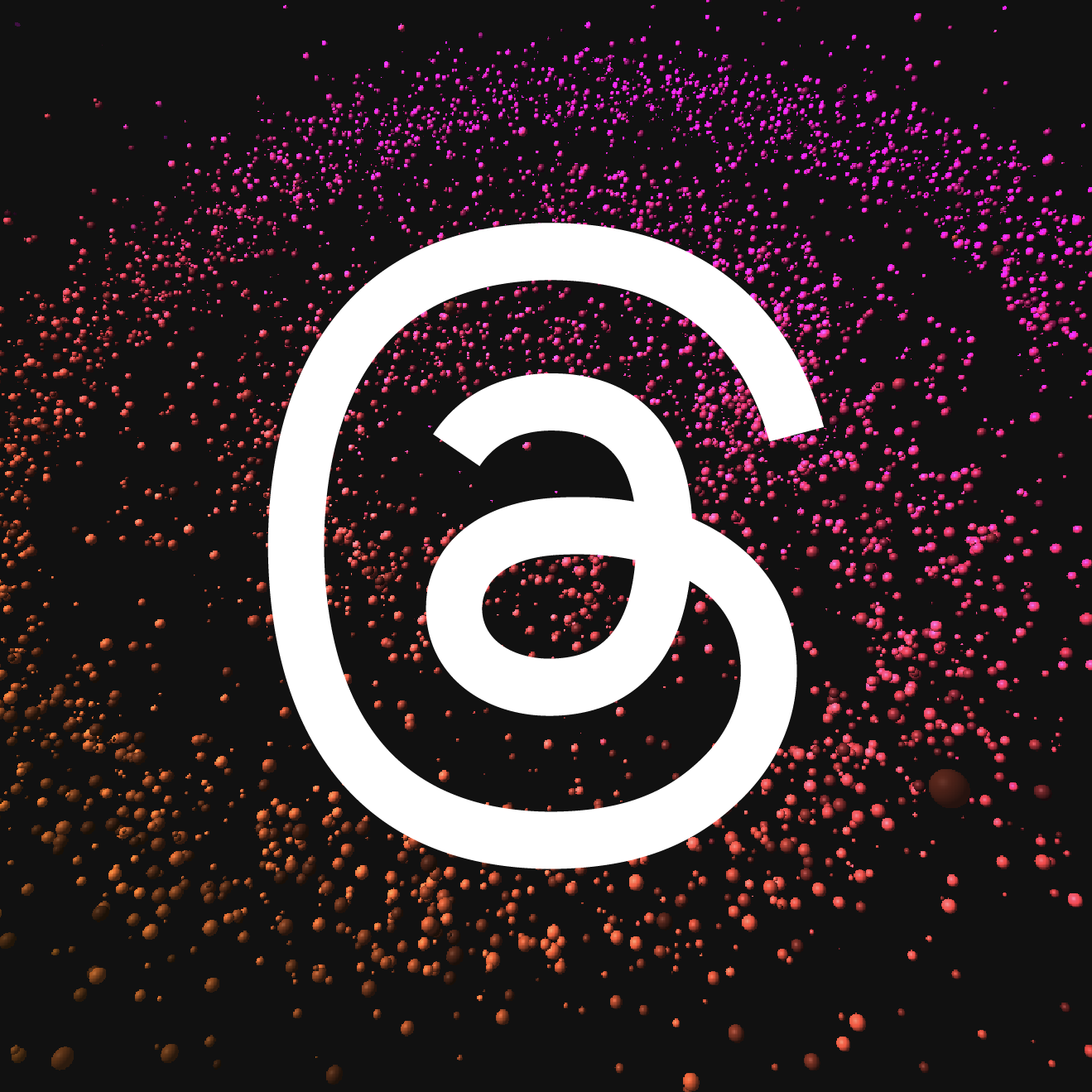What We Learned By Planning Our Inbound Marketing Week Event
Allison Casey Digital Marketing Director, Partner#Digital Marketing, #Inbound Marketing, #Events

Planning an in person educational event can seem daunting, but these tips can make the experience easier, more effective, and more fun.
The marketing team at Diagram is gearing up for our Inbound Marketing Week event next Wednesday, June 4th, 2014. As a company, we’ve wanted to host educational events for a while now, and as this topic has been resonating with our clients, we decided to go for it.
In person education events can be a bit daunting for a company – will enough people register? Will the content be compelling enough? Are we promoting the event effectively? What kind of wine should we serve (that’s the biggest question)?
Granted, there is a lot to plan for when putting on an event like this, but if you break down an event into a few key decisions and action items, the questions become less daunting and even turn into “why didn’t we do this sooner?”
If you are contemplating running an educational event as a way to start new conversations with people interested in your company’s products or services, here are some things you should be thinking about:
- Determine the event topic. Events should offer valuable information and not just be geared around a sales pitch. If you want people to make time for your event, they have to be intrigued by what they will learn.
- Set goals for the event. You will be utilizing company resources (employee time, costs associated with running the event, etc.), so you had better be prepared to justify that investment. Set quantifiable goals so that you can judge your success. Is it the number of registrations, the number of attendees, and/or the number of follow on conversations you have after the event? Whatever it may be, be sure the goal is specific, measurable, attainable, and timely (SMART).
- Create a budget. If it’s the first time you are running an event, you may want to try to keep your expenses minimal. At Diagram, we opted to run our event in our offices to avoid a room expense. You can use this handy Event Budget Template to help guide your planning, courtesy of HubSpot and Eventbrite.
- Lock in an event format. Will this be a formal presentation with a PowerPoint presentation? Will there be time for networking? Finalizing your event's agenda is key so that you can more effectively promote your event.
- Promote the event. Planning how you will maximize your event's visibility (which will hopefully result in registrations) is a step you cannot miss. You can use email, social media, blogging, or PR to promote your event. Consider creating a hashtag and shareable images for social media engagement.
Running educational events can be an effective way to build thought leadership in your industry locally, as well as building relationships with prospects and clients. If you are planning an event, we’d love to hear about it! Comment below and we’ll include it in an upcoming @wearediagram tweet!
Inbound Marketing Week is a global event powered by HubSpot to help marketers break free from their desks and learn about the power of inbound marketing. For our event, we will be teaching companies how to leverage inbound marketing strategies to generate more traffic, more leads and ultimately more revenue for their businesses.
Related Posts

Why You Need an SEO Content Audit in your Migration Plan
Diagram's Allison Casey spills all her insider SEO tips on migrating your content the right way.

Is Threads the Next Twitter?
As Threads gains more market share, will it overtake Twitter?
Results Matter.
We design creative digital solutions that grow your business, strengthen your brand and engage your audience. Our team blends creativity with insights, analytics and technology to deliver beauty, function, accessibility and most of all, ROI. Do you have a project you want to discuss?
Like what you read?
Subscribe to our blog "Diagram Views" for the latest trends in web design, inbound marketing and mobile strategy.
